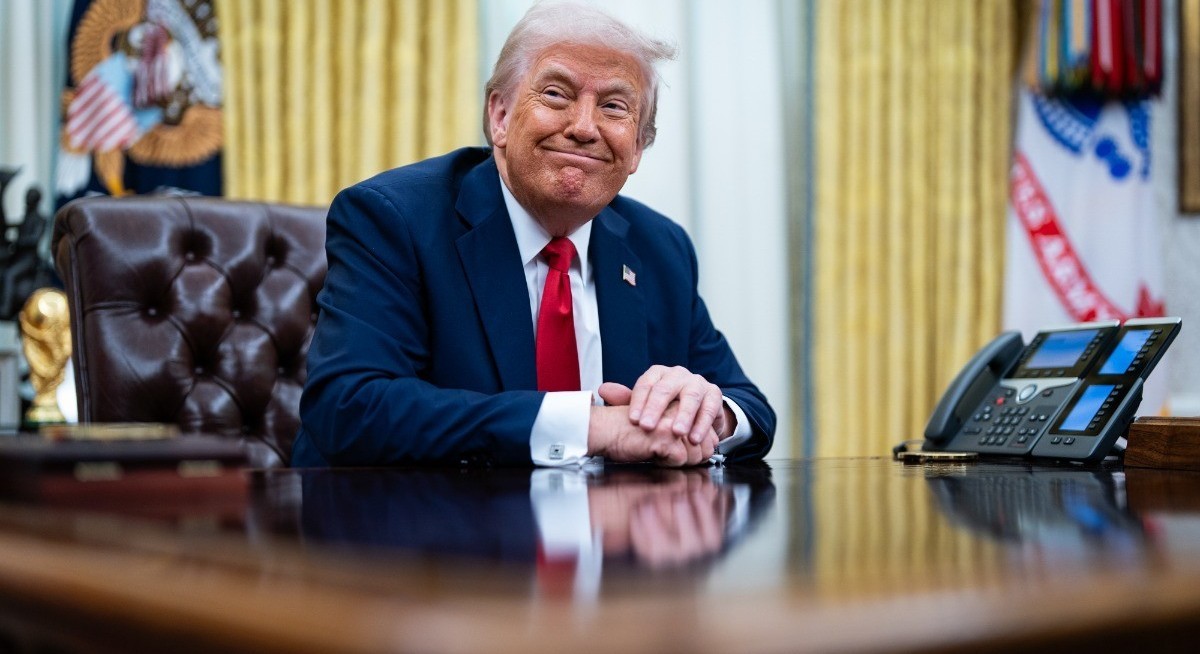Oxford Economics’ current forecast for global GDP growth at 2.8% in 2025 “aligns perfectly” with its prediction from December 2024. “We acknowledge the US outlook is bifurcated, but we remain relatively optimistic on US GDP growth compared with consensus – we see the economy's areas of strength outweighing the pockets of weakness,” says May.
Oxford Economics is “confident that US GDP growth will outperform the consensus by some margin” and that “forecasts for the Eurozone and other major advanced and emerging economies” were slightly below consensus.
Oxford Economics has upgraded its 2026 GDP growth forecast for China “to a slightly above consensus 4.5%.” The upgrade reflects Oxford Economics view that the Chinese government “will continue to pursue the well-worn path of greater investment and expansion of the manufacturing sector more aggressively,” May wrote.
See also: US core CPI rises as expected in January on services costs
In April, President Trump announced his “Liberation Day” tariffs, which saw a baseline tariff of 10% being imposed on imports from over 180 countries. The ensuing uncertainty fuelled concerns that Trump’s tariffs would erode US market dominance.
Vis Nayar, CIO of Eastspring Investments, told The Edge Singapore in an interview published on May 8, that the combination of inflation and Trump administration’s protectionist policies meant that “the time for US exceptionalism is over.”
May does not expect “further rises in the effective US tariff rate” though the US could still raise tariffs on products such as semiconductors or on specific countries.
“At the level of firms and sectors, the precise details of any tariff policy changes will be important. However, evidence from the past year indicates that tweaks to tariffs won't trigger major macro-level surprises in 2026,” says May.




